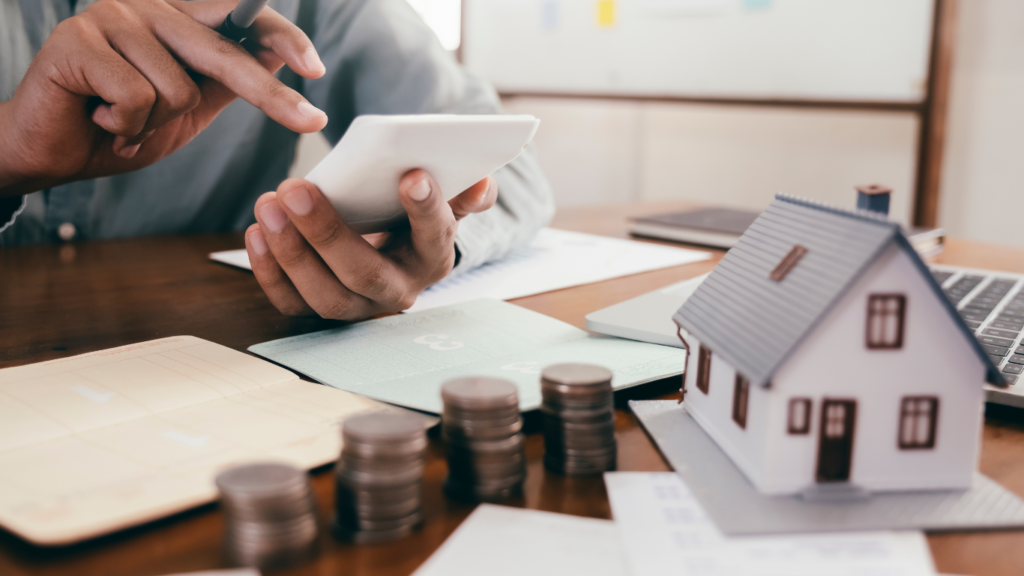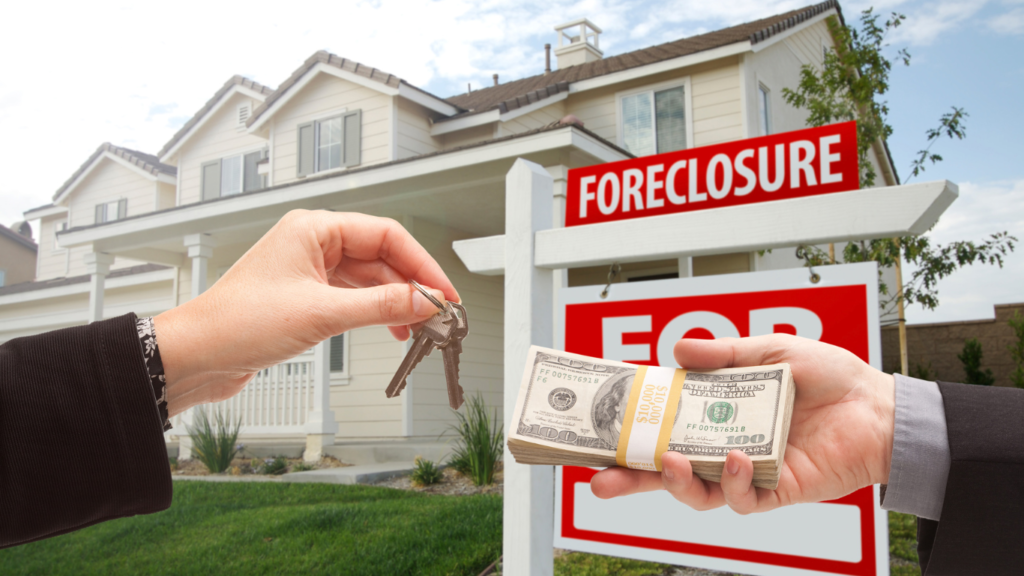Are you considering filing for bankruptcy in South Carolina? If so, you’re probably feeling stressed and overwhelmed. Before filing for bankruptcy, you should understand your options so that you can make the best decision for your given situation. In this blog post, we’ll provide an overview of the bankruptcy process in South Carolina to help you determine whether or not bankruptcy is the right choice for you.
What Is Bankruptcy?
Bankruptcy discharges debts, giving debtors a fresh start. In bankruptcy, all collection activities, such as wage garnishments, foreclosures, and repossessions, are automatically halted. As a result, creditors cannot collect your debts.
Reasons to Consider Filing for Bankruptcy
There are several reasons why you might consider declaring bankruptcy. Large amounts of debt, difficulties paying loans, or excessive use of credit cards often lead to bankruptcy.
Other reasons to consider bankruptcy include:
- Being harassed by creditors
- Being at risk of home foreclosure
- Being delinquent on debt payments
In any of these situations, you should consult a bankruptcy lawyer.
Alternatives to Bankruptcy
The decision to declare bankruptcy can be overwhelming. Knowing your options is important before making any major financial decision.
Debt settlement and credit counseling are promising alternatives to bankruptcy. A financial advisor should always be consulted before making any major decisions.
The benefits of debt consolidation include reduced interest costs and faster debt repayment. Finally, it is always worthwhile to negotiate with creditors. A successful agreement can prevent bankruptcy, no matter how difficult it may be.
The Types of Bankruptcy for Individuals
There are two types of bankruptcy that individuals can file in South Carolina: Chapter 7 and Chapter 13.
Chapter 7
Chapter 7 bankruptcy, also called liquidation bankruptcy, discharges or gets rid of certain kinds of debts. Since creditors don’t get paid, most people choose this option first since it is cheap and can be completed quickly. However, this type of bankruptcy is most suitable for people with fewer assets since those with more assets may lose them. Delinquent mortgage or car payments cannot be caught up through payment plans if you file when delinquent.
Chapter 13
In contrast, Chapter 13 provides debtors with three to five years to repay their debts. In contrast to Chapter 7, Chapter 13 bankruptcy lets you keep all your assets and avoid foreclosure. In the event that the debt cannot be discharged, a payment plan can also be negotiated with the creditor.
How to File for Bankruptcy in South Carolina
If you are considering filing for bankruptcy in South Carolina without an attorney, you should know how the process works. The steps to take have been detailed below.
- Gather Your South Carolina Bankruptcy Documents: This includes copies of your tax returns for the past two years and your last 60 paycheck stubs.
- Sign Up for a Credit Counseling Course: Find course information here.
- Fill Out the Bankruptcy Forms: You can download the forms free through USCOURTS.gov.
- Pay the Filing Fee: You must pay $338 to file for bankruptcy under Chapter 7. If you earn less than 150% of the poverty guidelines and cannot afford the filing fee, you can request a fee waiver.
- Print the Bankruptcy Forms: Use black ink to print all forms on white, 8.5″ x 11″ paper.
- File the Forms With the South Carolina Bankruptcy Court: Electronic petitions can only be filed by bankruptcy attorneys in South Carolina. Everyone else must submit their bankruptcy forms on paper. Although you can mail everything to the clerk’s office, many people prefer to take their documents in person to avoid any mailing delays.
Only the Columbia office has a fully staffed bankruptcy clerk’s office, even though the court has locations in Charleston, Columbia, and Greenville. You should give the clerk’s office a call first if you plan on filing your Chapter 7 bankruptcy in Charleston or Greenville.
- Mail Documents to Your Trustee: After filing for bankruptcy, you will be assigned a trustee.
- Take Another Course: Take a debtor education course within 60 days after the 341 meeting.
- Attend Your 341 Meeting: Your creditors will attend this meeting and ask questions.
What Happens After Bankruptcy?
During bankruptcy, most unsecured debts are forgiven, so you won’t have to pay them back. Nonetheless, bankruptcy cannot be used to forgive student loans, child support, or alimony. In some cases, bankruptcy filings result in the forfeiture of belongings as well.
Will Bankruptcy Negatively Impact My Credit?
The effects of bankruptcy can last seven to ten years on your credit score. As such, you may have difficulty getting a loan or credit line in the future.
Rebuilding Your Credit Score Post Bankruptcy
In spite of bankruptcy’s harsh effects on your credit score, you can gradually rebuild it by following the following steps:
- Applying for a small loan.
- Making on-time payments.
- Getting a secured credit card.
- Keeping a good payment history.
- Becoming an authorized credit card user.
- Keeping an eye on your credit report for errors.
Sell Your House and Avoid Bankruptcy in South Carolina
If you’re looking for the best way to avoid bankruptcy and save your credit- we’re the ones to call! At Favor Home Solutions, our team will provide you with a fair cash offer for your home.
We buy houses as-is, in any condition, without additional fees, and with zero hassle! Get a no-obligation offer in as little as 60 minutes by contacting us today.



